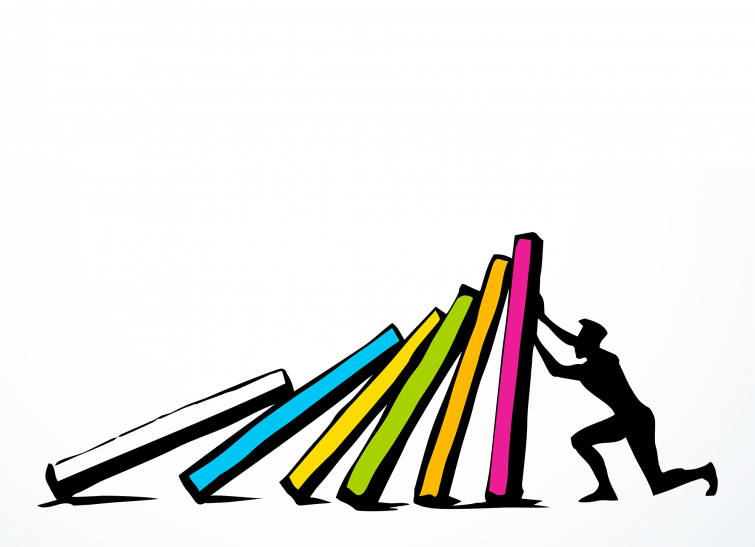
 science and society
science and society
Upcoming seminar cycle on June 13: "Stepping up at a time of crisis?"
On Tuesday June 13, 2023, at 5.30pm, a new seminar in the Science & Society cycle will be held to explore the question: "Stepping up at a time of crisis?" This event, organized jointly by François Bontems and the Ethics Unit, will be held as a round table in the Agnes Ullmann lecture hall.
The seminar will draw on the expertise and experience of Sophie Szopa, a climatologist, IPCC member and Vice-President of Université Paris-Saclay in charge of sustainable development; Chloé Chevallier, an author of novels set in future worlds; and Sylvie van Der Werf, a professor at Université Paris Cité, former Head of the Genetics of RNA Viruses Unit and the National Reference Center for Respiratory Infection Viruses at the Institut Pasteur, who was involved in managing the pandemic and recently in discussions on dual-use research.
Background:
Climate and environmental crises are not an issue for the future; they are already with us. The SARS-CoV-2 health crisis showed us just how quickly society can find itself embroiled in challenging situations. Research and some forms of literature and film have long set out to warn us, to show us what a future determined or dominated by these changes might look like, to get society moving and urge us to take action.
We now need to look to the future, but what will that future be, and what role will artists and scientists play in the process? The CNRS Ethics Committee recently issued an opinion stating that climate and environmental challenges are an integral part of research ethics for scientists. In practice, this means that scientists should consider the potential repercussions of their research on the climate, on biodiversity and on society as a whole when making choices about topics, implementation, etc. This opinion challenges current practices, and there are probably some dissenting voices. There is also no consensus as to what a desirable future would look like. Authors and artists have joined the debate. Should scientists get involved too, and if so, how? As well as their role in producing knowledge, should scientists play a part in defining and leading change? How might they react when they find themselves included by the force of events? Should they join with artists to shape new aspirations and new visions for society?
For organizational reasons, please sign up by emailing François Bontems: fbontems@pasteur.fr
A reception (bread, cheese and wine) will be held after the discussion.